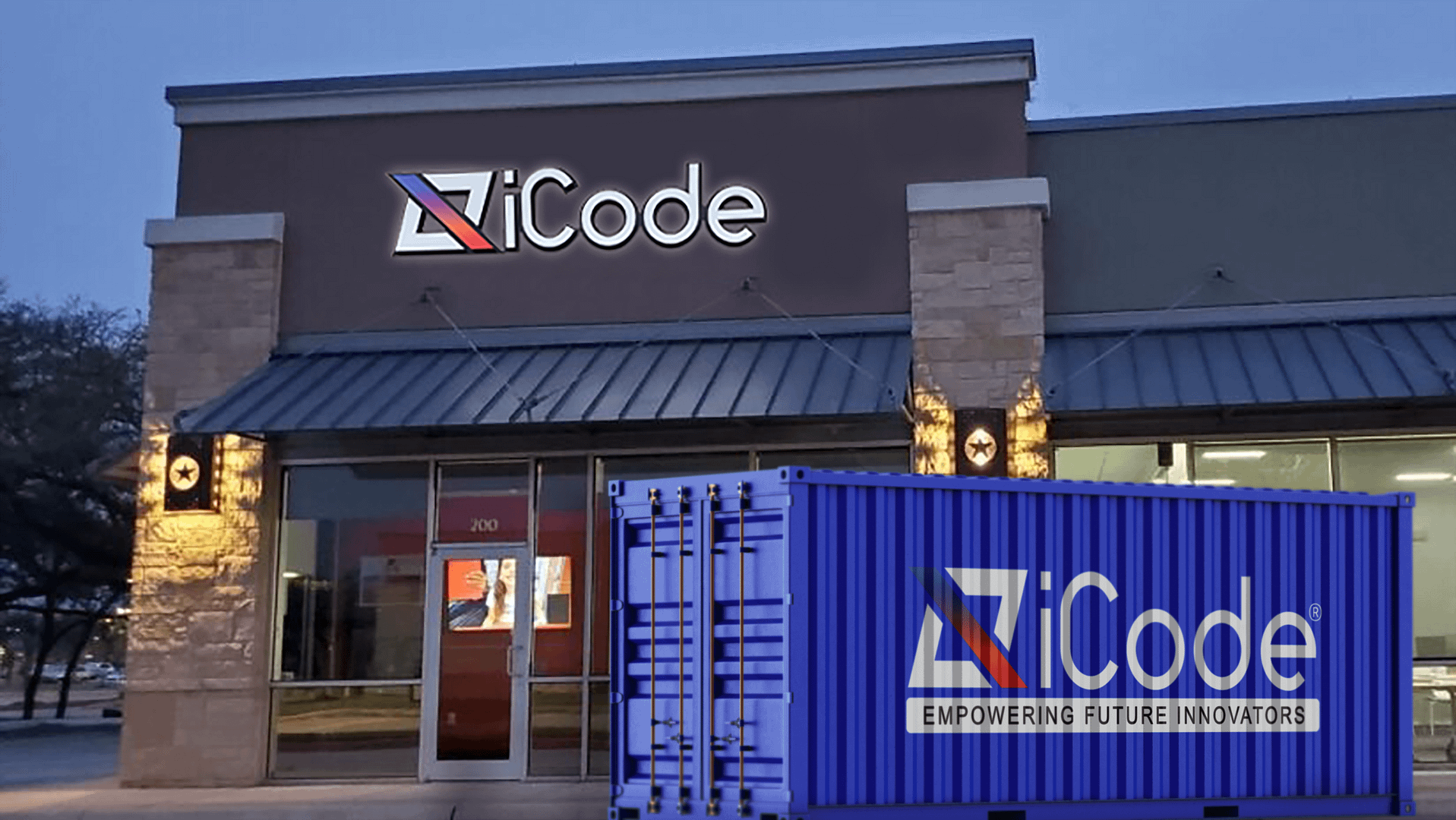
Most people have heard of franchises, the “business-in-a-box” model, yet it seems like the entire process remains shrouded in mystery. How do franchises work? What actually goes on under the hood? That’s what we’ll help you clarify in this article.
Order Now
How Does a Franchise Work?
In a franchise, the franchisor (owner of the brand model) grants the prospective franchisee (you in this case) the right to use its trademark, products, services, and operating systems to sell products and services under the franchisor’s brand name.
Since the franchisor has already built a successful business, it can provide franchisees with a proven business model, operating systems, and other training and support to show franchise owners how to replicate that success.
The prospective franchisee then invests in the right to operate under the brand name and leverages the power of the brand’s established systems to launch its own franchise location.
The franchisee signs a franchise agreement – a contract that outlines the terms of the franchise relationship – which details any fees, royalties, territory restrictions, marketing requirements, and operating guidelines.
Once a franchisee officially owns a franchise, the franchisor provides ongoing training and support to help the franchisee build a successful location as quickly as possible. This includes initial training before the franchise opens and support throughout the franchise’s life.
The franchisor also provides marketing and advertising materials and support to help the franchisee promote their business and attract customers. Usually, they provide training to show you how their proven systems work.
Lastly, the franchise agreement may specify the territory in which the franchisee can operate. This ensures that franchisees do not compete with each other and can build a customer base in their designated area.
Can I Operate a Franchise of My Own?
When you decide to open a franchise business, you’ll join hundreds of thousands of other franchisees who’ve made the same decision! But before you go all in, it helps to know a bit about the road ahead.
Okay, let’s say you’ve decided to invest in a franchise. What else do you need to know? Where do you go from here?
You can start by researching franchise opportunities that align with your interests, skills, and budget. Research opportunities available to you and take your time deciding because it’s important to find a good fit.
As you begin to evaluate franchisors, consider their franchise business model, brand reputation, franchise fee, royalty fees, training and support, and any territory restrictions.
It’s also a good idea to review the franchisor’s financial performance and the success rates of existing franchisees. To do that, you can request a copy of the franchise disclosure document (FDD) to know the terms and conditions of the franchise agreement.
Once you’ve found a franchise that seems like a fit, you’ll need to figure out how to fund your location.
Most franchises come with an initial investment that varies based on the type of franchise and the franchisor’s requirements. So you’ll need to think about how you’ll cover that.
- Will you invest out of pocket?
- Do you need to secure a loan?
- What are other funding sources available to you?
It’s also a good idea to attend a franchise disclosure meeting so you can ask questions, learn about the franchise business model, and discuss your overall interest in the franchise.
If you decide to go forward with an opportunity, you’ll have to sign the franchise agreement, so be sure to review it (and consult an attorney when you do).
Finally, once you’ve signed the franchise agreement and completed your initial training, you’re ready to launch your business and start operating under the franchisor’s brand name and business model.
Factors that Impact the Success of Franchise Ownership
Several factors can impact the success of franchise ownership. These can change based on the specifics of your franchise opportunity, but they’re all generally relevant:
- Financial resources: Owning a franchise involves an initial investment and ongoing financial commitments. The franchise fee, royalty fees, and other costs can vary based on factors like the type of franchise system and individual requirements, so consider your financial resources and ability to secure financing before you commit to a franchise.
- Brand reputation: The reputation and success of the franchisor can play an important role in your success. It’s worth researching the franchisor’s history, financial stability, and track record of supporting their franchisees in advance.
- Location: Where your franchise opportunity is located matters (sometimes a lot). Be sure to consider things like local market demand, competition, and accessibility when selecting your location.
- Territory restrictions: Some franchisors have territory restrictions limiting where you can operate. This is usually done to ensure franchisees don’t compete for business. Before you leap, you’ll want to understand any restrictions on location.
- Training and support: Most franchises have ongoing training and support, but you should consider the quality and extent of whatever is provided. Poor training or inadequate support can make a huge difference in successful outcomes, not to mention motivation.
- Marketing and advertising: Franchisors often provide marketing and advertising guidance to help you get the word out about your business. Ensure you understand the business model’s marketing and advertising systems and the level of support and training to help you replicate it.
- Franchise agreement: The franchise agreement is a very important factor. This is a legal contract between you and the franchisor that outlines the terms and conditions of the franchise relationship. You’ll want to review the document carefully. Having an attorney look it over is also a smart idea to ensure you fully understand what you’re getting into.
How Do Different Types of Franchises Work?
There are many types of franchises, each with a unique business model and structure. Here are some of the more common types and how they work:
Product Distribution Franchise
In a product distribution franchise, the franchise owner purchases and sells the franchisor’s products under the franchisor’s trademark. The franchisor provides the franchisee with products, and the franchisee sells them to customers. This type of franchise model is common in the automotive and food and beverage industries.
Business Format Franchise
In a business format franchise, the franchisee uses the franchisor’s trademark and operates the franchisor’s business model. The franchisor provides the franchisee with a complete business plan, including training, marketing, and ongoing support. This franchise model is common in the restaurant, retail, and service industries.
Management Franchise
With management franchises, the franchisee manages a franchise location on behalf of the franchisor. The franchisor provides the franchisee with a proven business model, training, and ongoing support. The franchisee manages the business’s day-to-day operations, such as hiring employees and overseeing finances. Anytime Fitness, Mcdonald’s, and Great Clips are all examples of management franchises.
Joint Venture Franchise
In a joint venture franchise, the franchisor and franchisee share ownership and management of the franchise location. Both parties contribute capital and personal experience to the business and share in profits and losses.
Which Franchise is Right For You?
With so many franchise options, choosing the right one for you can be tough.
If you need help figuring out what to look for in a good franchise or are wondering, “How does a franchise work?” we’ve got you covered.
If you’d rather jump straight into exploring franchise options, we recommend starting with iCode coding schools. iCode offers after-school coding programs and coding camps to teach children in-demand STEM skills like coding, robotics, and more.
iCode is a proven franchise with years in operation and many successful locations.
To become an iCode franchise owner, you’ll want to have experience in management, sales, and marketing (or be able to hire someone who does). You’ll also need a minimum net worth of $500,000 and liquid assets of at least $100,000.
The initial investment to open an iCode franchise ranges from $198,000 to $360,000, depending on the size and location. The investment covers the franchise fee, build-out costs, equipment, and other expenses.
On the profit side, iCode franchises have multiple revenue streams built into the model to make it as easy and as fast as possible to reclaim your initial investment and turn a profit. For instance, iCode offers:
- Belt Program – A comprehensive STEM program offered during after-school hours at iCode campuses. Each belt takes 9 months to complete and covers a different STEM topic.
- Path Program – A topic-focused STEM program also offered during after-school hours. Paths allow students to take a deep dive into a chosen subject.
- Anytime Program – A self-paced, flexible program offered during after-school hours. Students work through challenges in a game development platform with the assistance of an instructor as needed.
- Summer Camps – 5-day camps offered each week of the summer break covering the latest trends in technology, gaming, and design.
- Holiday Camps – 1- or 3-day camps offered during school holidays. If school is out, iCode camps are on!
- Off-site Partnerships – iCode classes offered at community libraries, churches, & other local businesses
- School Partnerships (Tech Club) – An after-school program offered at school facilities for those students without transportation to their local iCode campus.
- Corporate Partnerships – The iCode leadership team constantly builds strategic partnerships to expand the business’ reach. iCode franchise owners benefit from additional enrollments brought in through these partnerships.
- Online Classes – These classes can be offered by a single iCode campus, or they can coordinate with one another and share resources and profits.
As an iCode franchisee, you’ll receive the power of an established franchise brand, extensive training, and support, and multiple revenue streams in an industry poised for significant growth for years to come.
When you’re ready to learn more about how to buy a franchise with iCode, visit our website today!
[wpcode id=”21663″]



